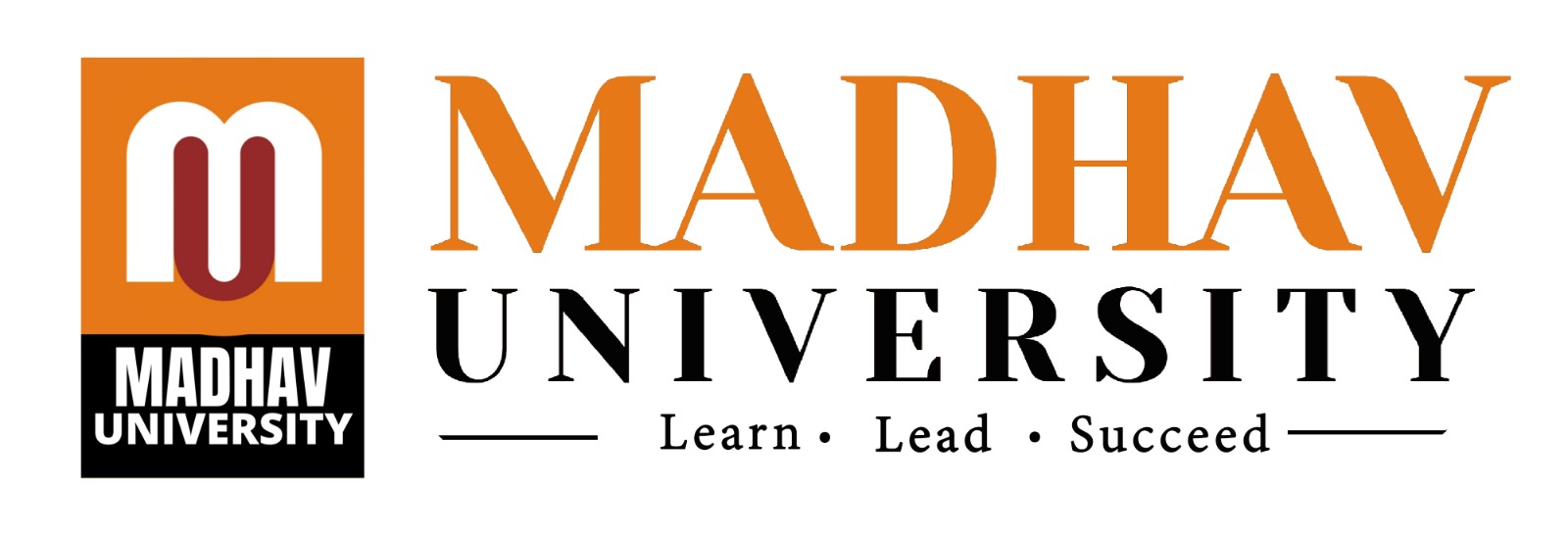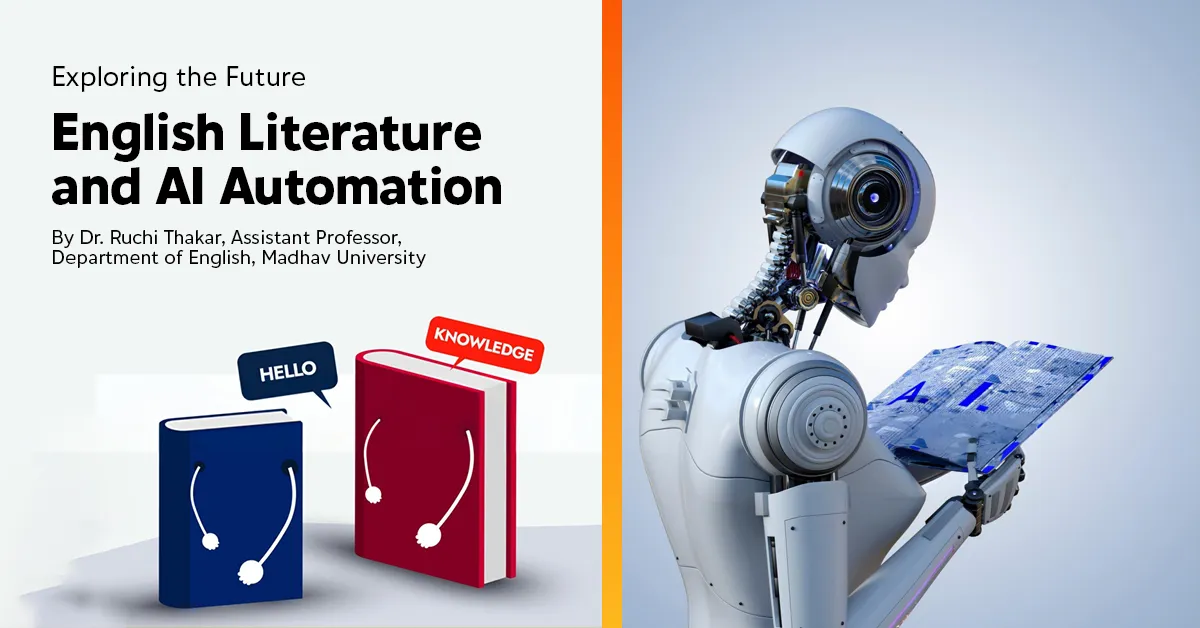AI in Literature: What’s Happening Now?
English literature has long acted as a gateway into the depths of human experiences, emotions, and creativity. From the eternal dramas of Shakespeare to the modern-day novels that line our bookshelves, literature grasps the very essence of what it means to be human. But what happens while technology, particularly Artificial Intelligence (AI), enters into this international world of words and stories? Let us delve into the progressive impact of AI on English literature and ponder what the future might preserve.
AI gear like Grammarly and Hemingway are transforming the manner we write. These equipment recommend upgrades in grammar, style, and clarity, turning into quintessential for students, authors, and bloggers striving to refine their writing. AI programmes are now capable of writing articles, tales, or even poetry. Although these AI-generated tools might not constantly capture the profound richness of human-created literature, they are gradually enhancing. AI-powered translation equipment, inclusive of Google Translate, are breaking down language obstacles, making literature from special elements of the sector handy to a global audience. AI can unexpectedly examine great quantities of textual content, helping researchers in uncovering patterns, themes, and connections in literature that might take humans a good deal longer to find out.
AI can help writers generate thoughts, conquer author’s block, and discover new storytelling techniques. It serves as an innovative accomplice, presenting countless suggestions. AI makes literature more reachable. For instance, text-to-speech tools help people with vision problems enjoy books, while AI translations enable foreign literature to reach more readers. AI can manage repetitive and lengthy tasks, which include enhancing and formatting, liberating writers to concentrate on innovative factors in their work.
While AI-generated content is advancing, it often lacks the emotional richness and intricacy that human writers bring to their work. Can AI ever sincerely imitate human touch in literature? Concerns about plagiarism and authenticity arise as AI learns from endless texts. How can we ensure its creations are honestly unique and not merely reused versions of current works?
As AI equipment turns out to be more superior, there may be a worry they could substitute human writers, editors, and translators. However, it’s more likely AI will function as a device to beautify human work in place of updating it entirely.
The evolving future of AI in English literature is each encouraging and complex. We can anticipate AI becoming extra indispensable to the writing technique, offering unique approaches to create, analyze, and revel in literature. The key developments consist of:
- Human authors and AI working together to produce new styles of literature, mixing human creativity with AI’s productivity and advancement.
- AI customizes reading experiences to personal preferences, suggesting books based on a reader’s pursuits and studying habits.
- AI facilitates more engaging and captivating storytelling experiences, permitting readers to influence the plot and characters in real-time.
Conclusion
AI is already making its impact on English literature, and its effect is set to grow. Despite the significant challenges and concerns, the possible advantages are exciting. By embracing AI as a tool rather than a substitute, we can look forward to a future in which technology and human creativity work hand in hand to enhance the world of literature.
Whether you are a creator, a reader, or simply a person who appreciates stories, the evolving relationship between English literature and AI guarantees to deliver new and exciting opportunities. Let us maintain an open mind and spot where this journey takes us!
By Dr. Ruchi Thakar, Assistant Professor, Department of English, Madhav University

